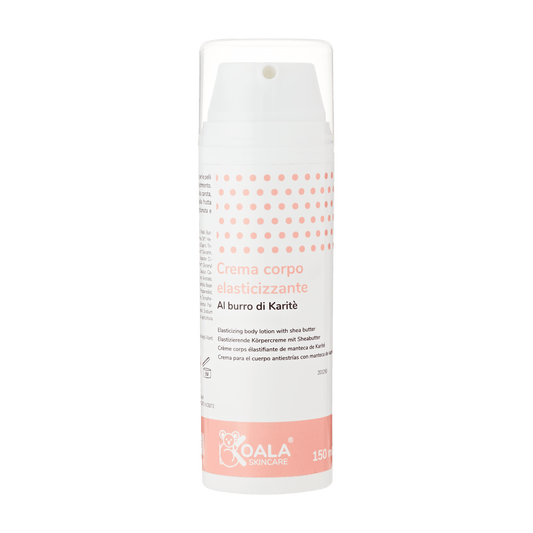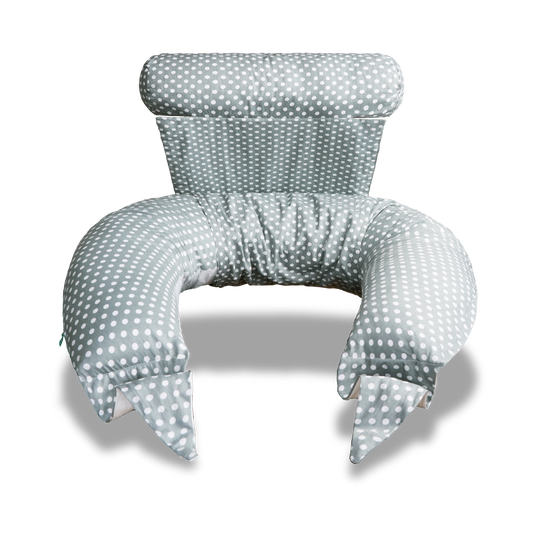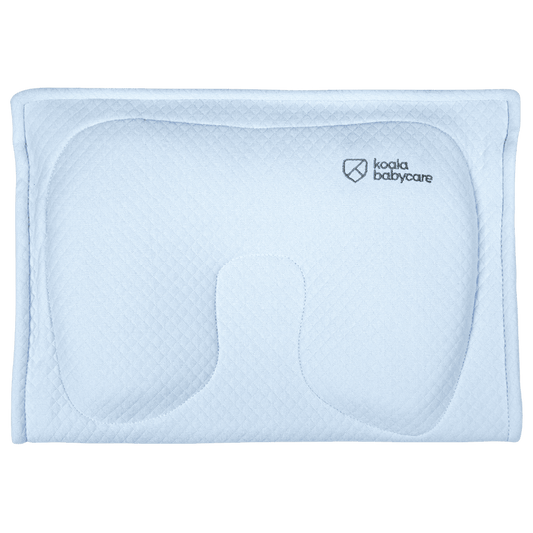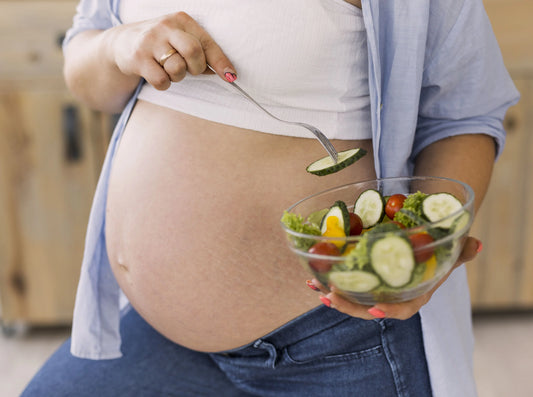When you breastfeed you lose weight, they say. But is this really true? In many cases yes, as breastfeeding causes you to consume around 500 extra calories per day. But some mums also gain weight while breastfeeding. Why? And what’s the best way to diet while breastfeeding?
Diet plan for breastfeeding mothers to lose weight: is it really a good idea?
A drastic diet is never recommended while breastfeeding as your body requires a lot of energy, not only for breastfeeding itself, but also to care for your baby. In fact, during these first few months, your baby’s need for their mum is intense. Moreover, a drastic diet could hinder the production of milk, which calls for high levels of energy.
To be on the safe side, a breastfeeding diet to lose weight should never fall below 1,400 calories per day and it is a good idea for mum not to lose more than 2 kg per month.
This doesn’t mean that you still can’t keep fit or eat healthily, the important thing is to do it gradually, without exaggerating. We’ll see how in the following paragraphs.
Is it true that breastfeeding causes weight loss?
It has been proven that those mums who breastfeed tend to lose weight more easily after giving birth, and mums who continue breastfeeding after their baby is 6 months old continue to lose weight.
Breastfeeding consumes around 500 calories per day: this corresponds to 10 km of running or 1.5 hours of brisk walking!
Beware, however, this does not apply to every mum. It depends on how much weight you’ve gained during pregnancy. While pregnant, your body stores fat in order to obtain the extra calories needed for breastfeeding, this means that if you stored more calories, you may even gain weight.
Which diet is best for losing weight while breastfeeding?
Wait a few weeks after giving birth before embarking on plans to get into shape: your body needs time to recover energy from the exertion of labour and to start producing milk.
The important thing is to ensure you eat healthily on a daily basis. As we said, it’s not a good idea to start a strict diet at this particular time. The key is to eat well, avoiding added sugars and fats, and to consume slightly less energy than you need.
Does it sound easy in theory, but not in practice? Let's take a look in more detail.
1. A balanced diet
While breastfeeding it’s even more important to maintain a varied and balanced diet, including main complex carbohydrates (such as potatoes and cereals), proteins, fruit, and vegetables. Fats and refined carbohydrates should be limited.
2. Foods to limit
The first thing to avoid are 'empty calorie' foods: sugars and fats from soft drinks, sweets, fried foods, fatty cheese, and fatty meat. Desserts should be kept to special occasions only.
Try to consume at least one portion a day of raw fruit and vegetables for maximum nutrient intake and avoid dressings.
For salad dressings, try to use mainly olive oil, extra virgin if possible, and avoid saturated fats such as butter and margarine.
Replace your normal pasta with wholemeal pasta, and the same goes for flour. Whole-grain cereals are easier to digest and are also more filling.
3. What to do if you don't lose weight
If, despite eating a varied and healthy diet, and despite the calories you’re burning while breastfeeding, you still don't lose weight, there’s only one thing to do: decrease your daily calories.
Are you sure you are not eating any sweets, fried foods or added sugars? Because the best way to consume fewer calories is to reduce this type of food.
If you’re sure, then try to decrease the amounts of the food you eat. We advise you to consult a professional, who will be able to show you how to follow a personalised diet that is not too strict but, at the same time, effective.
4. Physical activity
In order to lose weight, dieting should always be accompanied by physical activity. There are exercises that can help you get back into shape after giving birth, but if you have never been the sporty type or don't feel like leaving your baby to exercise, you can always go for walks with them. Walking for an hour a day is a great form of exercise.
Just slip on your Koala baby carrier and start walking!
Breastfeeding diet for vegan mums
A vegan or vegetarian diet doesn’t pose any problem for breastfeeding mums: breast milk still provides the baby with an adequate supply of nutrients.
The only deficiency, which is easily supplemented, is vitamin B12, only found in foods of animal origin. This can be supplemented by consuming vitamin B12-fortified foods, such as cereals and soy-based formulas, or by vitamin pills.








